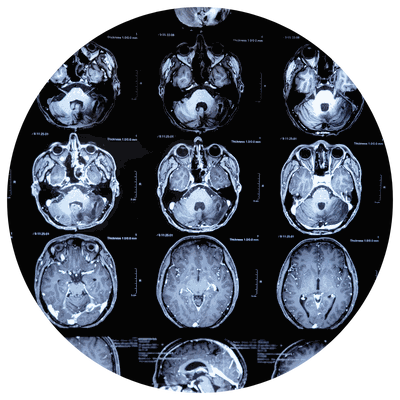Nanowire Assay System Identifies Brain Tumors from Urine
February 23, 2023 | Histopathology
Techniques to isolate and examine very small quantities of extracellular vesicles (EV) as they are naturally excreted in the urine proved to be complex as it required different types of equipment.
Moreover, Yasui could see how users in the future can run samples through their assay and how they can modify it to specifically detect membrane proteins to identify other types of cancer. This advance in analysis in terms of the expression levels of membrane proteins in the urine is truly a beneficial platform for oncology.
Back To Top

